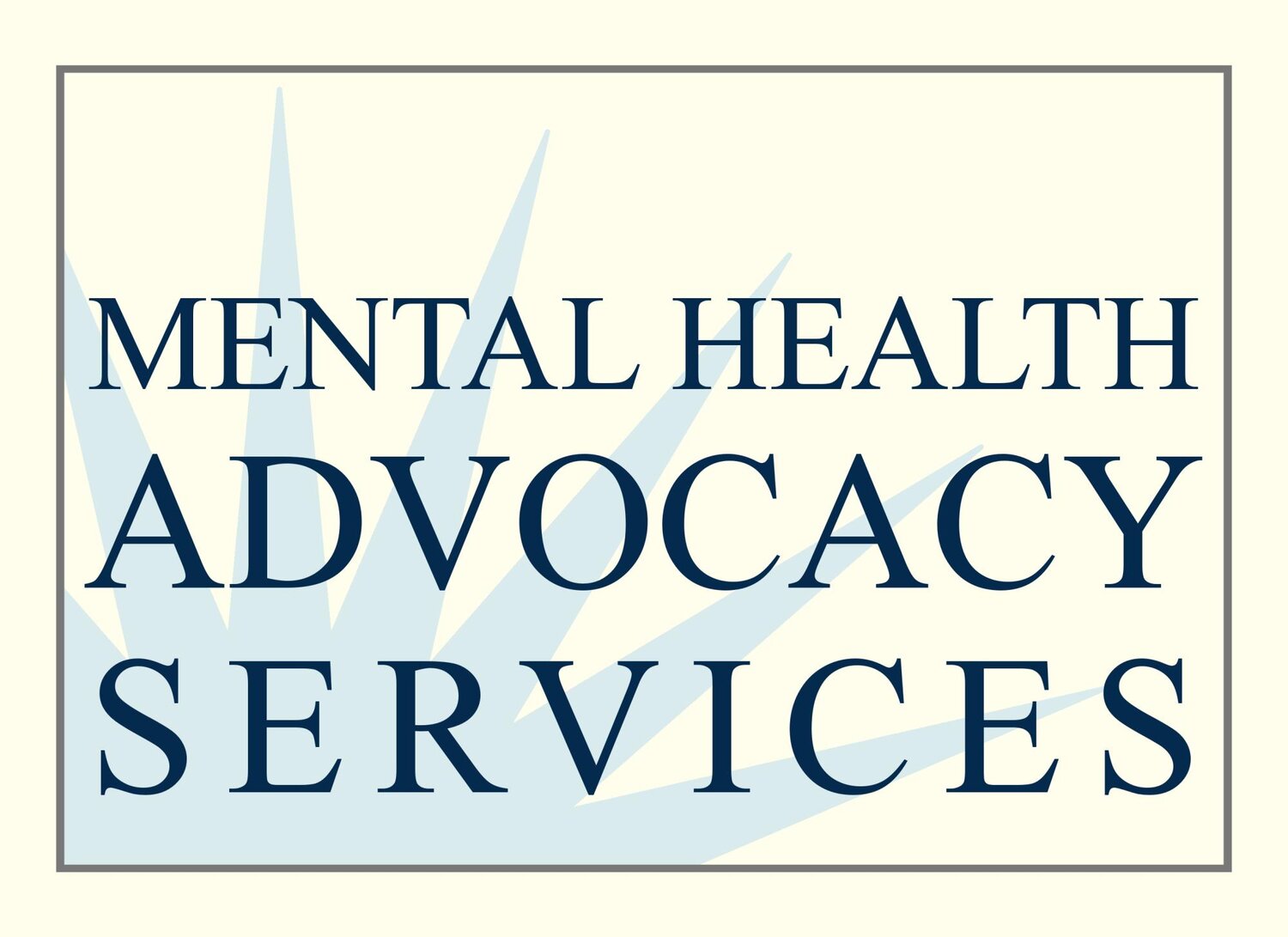Effective (re)Mediation
by Tanya FranklinTanya Franklin is UCLA School of Law’s inaugural Education Law Public Service Fellow at MHAS.
J is a high school student who reads at an elementary school level. He has been in special education since second grade and has a history of mental health concerns, including one involuntary hospitalization. He has a 1.5 GPA, is nearing high school graduation and is feeling desperately unprepared for adulthood. J is not unlike many students from low-income communities who have “fallen through the cracks” and need deep academic remediation to improve their basic skills so they can find employment and become self-sufficient adults. But unlike some of his peers who will earn their diploma and still read and compute far below grade level, J has two things that give him legal recourse: he has a disability and he has an attorney.Federal law mandates that students with special needs be offered a free, appropriate public education (FAPE) in which they are given the opportunity to make meaningful educational progress. I had the opportunity to represent J in a process that asked his school district to create a plan that met his unique educational needs, as required by law. Usually this happens in individualized education program (IEP) meetings, but when families and school districts disagree, sometimes this happens through informal dispute resolution (IDR) or filing for due process and going to mediation or hearing.Last week I attended mediation with J’s family. Our filing had asked for a more appropriate educational placement geared toward his disability and mental health needs as well as remediation services to help him with reading and with transitioning to adulthood. While school site staff had denied J’s mom’s request for help for years and our requests for the previous few months, the specialists at the school district surprisingly agreed with many of our requests at mediation. The mediation process was quite collegial and student-centered. Both “sides” sat in a circle with an administrative law judge, each spoke candidly, and we came up with a mutually-agreeable plan for J.Being a part of mediation made me really hopeful for J’s new educational opportunities, as well as for the process of mediation overall. J will have some extra support to work on his reading skills and to prepare for community college. He says he wants to be a social worker or a therapist when he grows up so he can help others with their problems, like he has been helped. I’m not surprised.I’m happy for J, but I’m also concerned for the thousands of students with similar academic records who aren’t identified as having a disability with the benefit of special education law to protect them. I’m also concerned for the hundreds of students like him who don’t have an attorney to advocate for them. J’s mediation was a great experience, but there are still so many students to serve.
